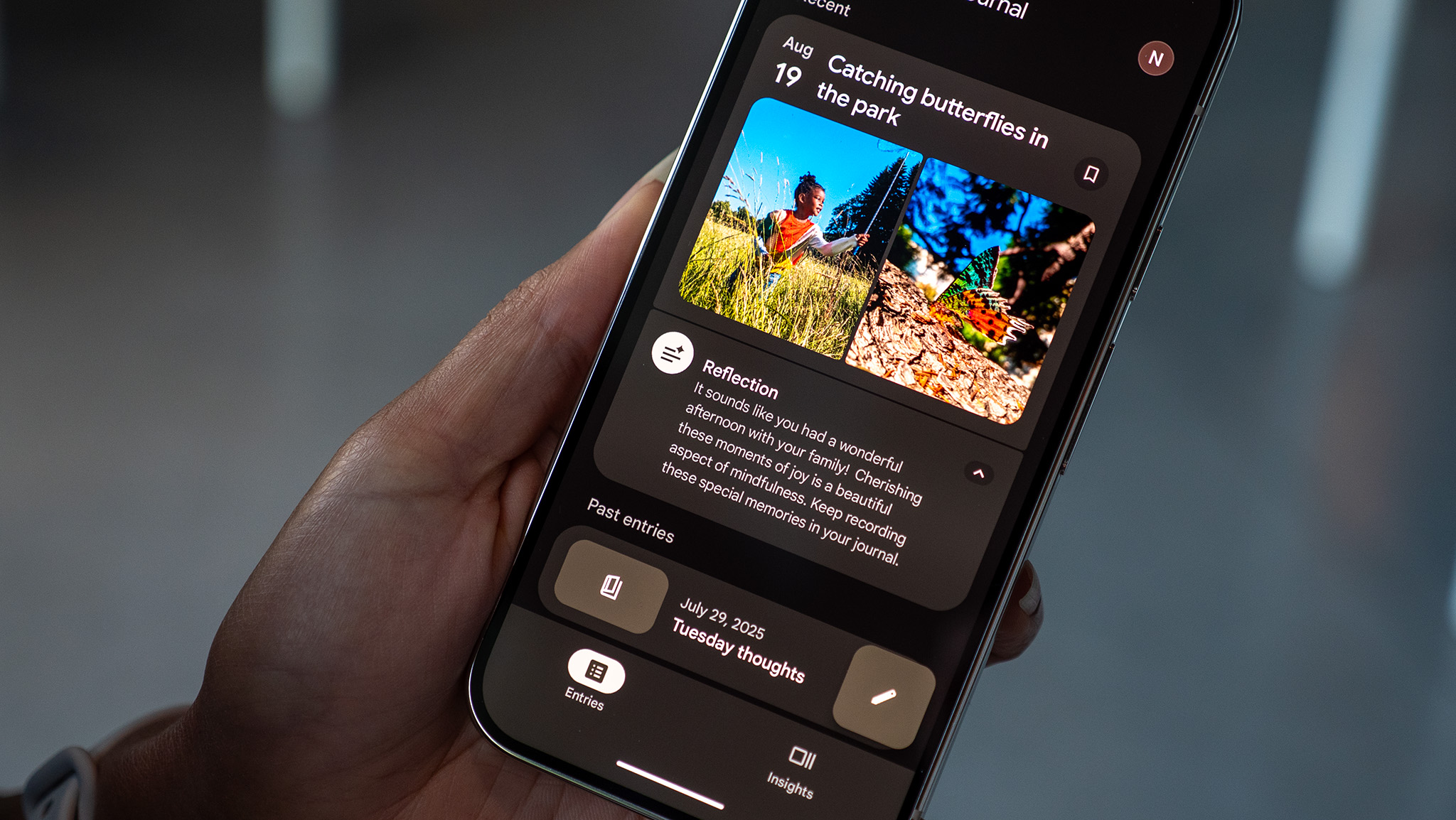Samsung Galaxy S20 vs. iPhone 11: Which should you buy?
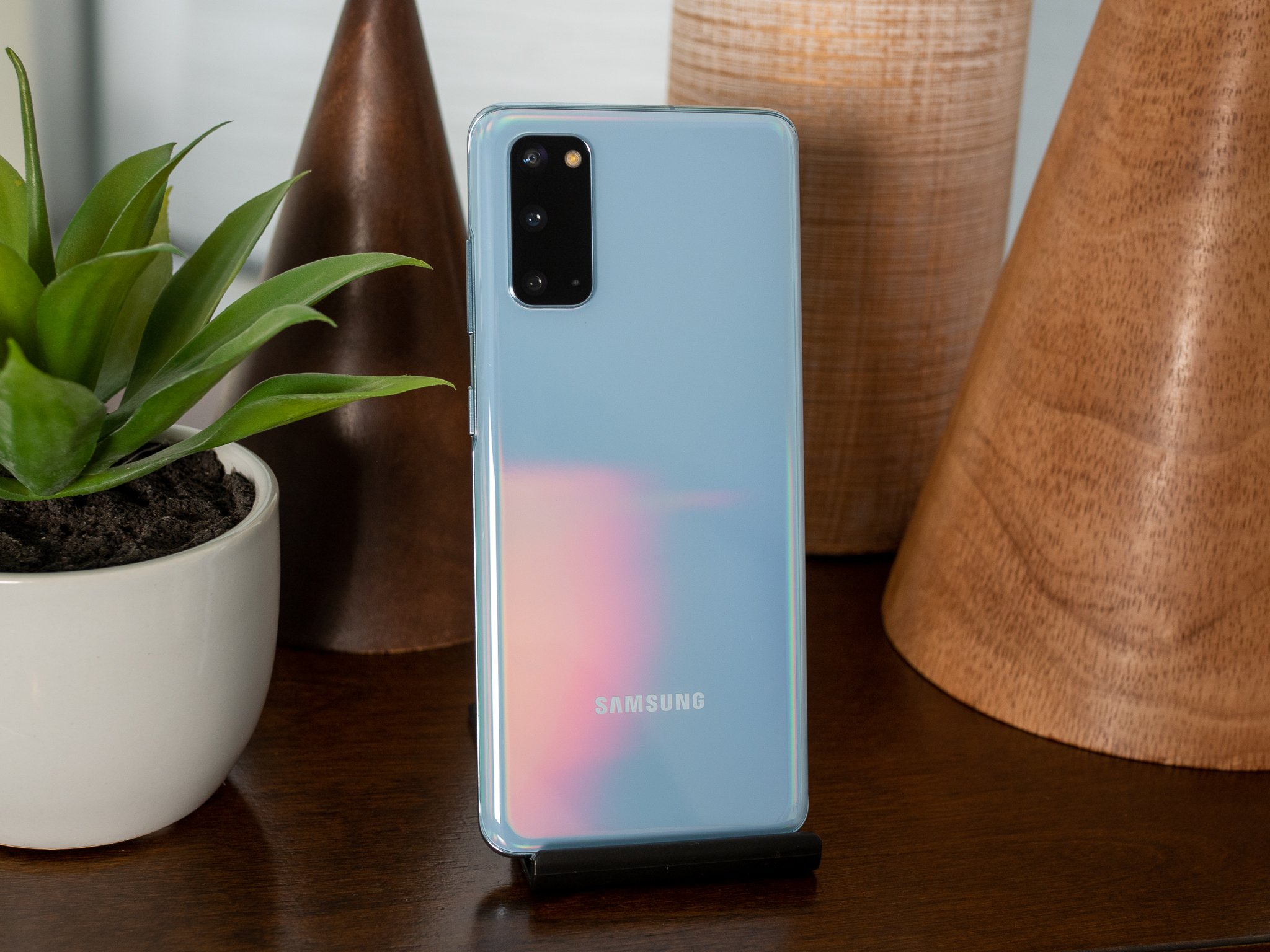
Samsung Galaxy S20
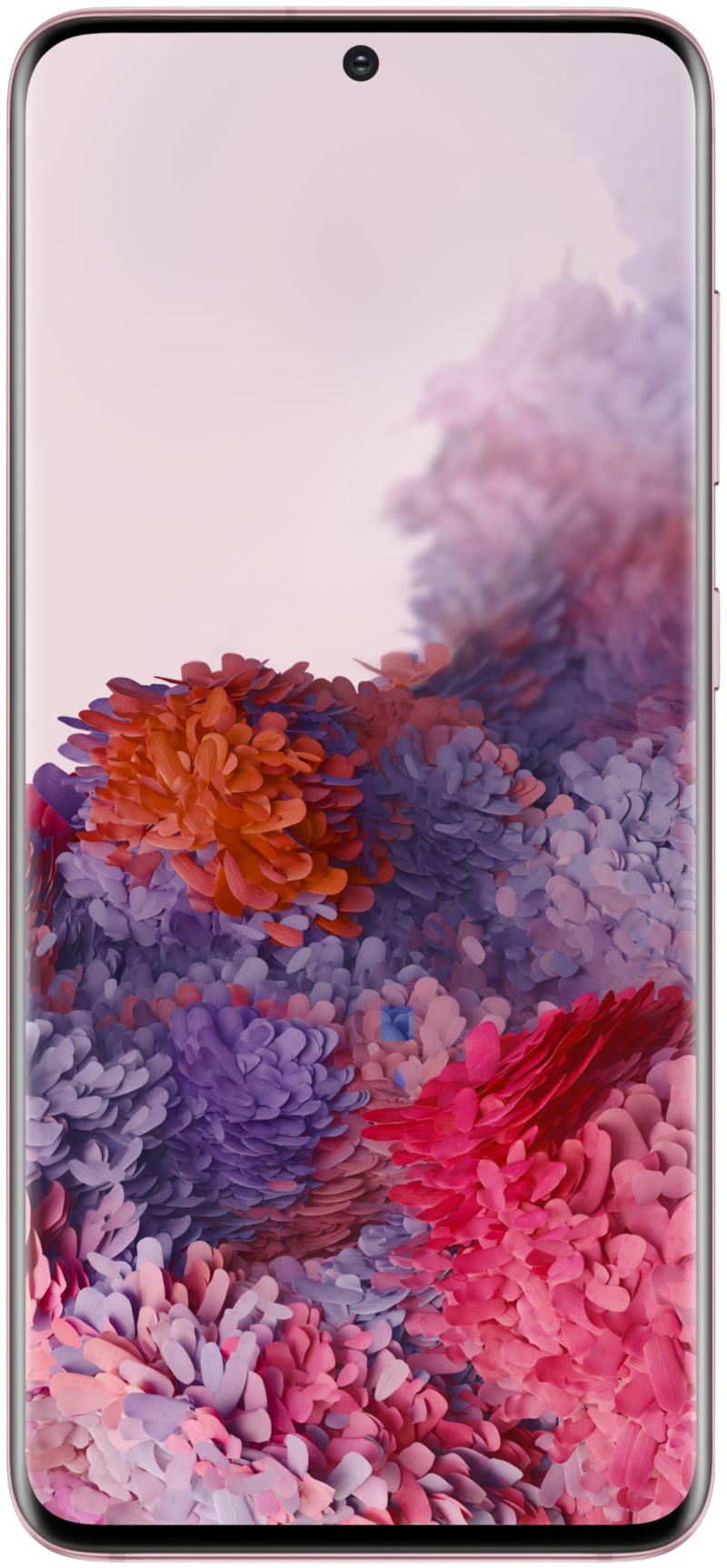
The baseline Galaxy S20 is the lowest-end model in this year's S lineup, but its specs and features suggest otherwise. Having a 120Hz refresh rate with Samsung's AMOLED display panel is a pure joy, the camera system is improved over previous generations, and things like expandable storage and reverse wireless charging give the S20 a nice edge over the iPhone. Just be prepared to spend a lot of money.
Samsung Galaxy S20
More impressive
iPhone 11
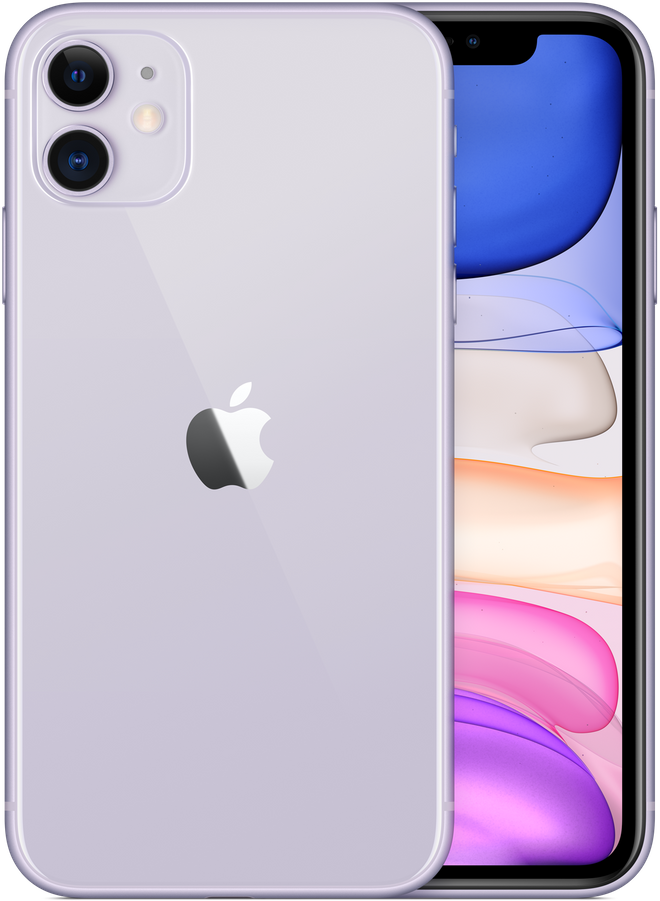
Somehow, we're living in an alternate reality where Apple's iPhone is now cheaper than the latest Samsung Galaxy. You make some trade-offs with the iPhone 11, such as being limited to a 60Hz LCD screen and only having two rear cameras, but that doesn't make it any lesser of a phone. Performance, camera quality, and battery are all top-notch. The fact that it costs hundreds of dollars less is just icing on the cake.
iPhone 11
Affordable Apple
Whether you pick up the Galaxy S20 or iPhone 11, you can rest assured you're getting one of the best smartphones the market has to offer. Both devices offer a fantastic user experience, with the S20 coming out slightly ahead thanks to its 120Hz AMOLED display, expandable storage, and support for 5G. However, if you have a more limited budget (or prefer iOS over Android), the iPhone 11 will be a better fit.
The Galaxy S20 is the more exciting phone
Taking a look at the Galaxy S20 family, the baseline S20 we're talking about here is designed to be a lesser phone compared to the S20+ and S20 Ultra. However, unless you already knew that, you'd be right to assume that the regular S20 is Samsung's big flagship for 2020. Simply put, this is an impressive phone.
Perhaps the biggest draw to the Galaxy S20 is its display. Samsung phones have always been known for their excellent screens, but the S20 kicks things up a notch. It's still an AMOLED panel with a crispy 3200x1440 resolution, with the big upgrade being that it refreshes at 120Hz. That means the S20's display refreshes at twice the speed of most other phones (including the iPhone 11), resulting in everything looking smoother and moving with more fluidity. It's hard to explain in words, but once you see it for yourself in person, you'll never want to go back to anything else.
The S20's triple rear cameras allow for endless possibilities.
Flipping the S20 over, Samsung also equipped it with an impressive camera array. In addition to the primary 12MP camera, you also get 64MP telephoto and 12MP ultra-wide sensors. The telephoto camera is especially impressive, as it offers 3x optical zooming and up to 30x using a combination of optic and digital zoom.
Not only do pictures taken with the S20 look great, but having the flexibility to shoot with three distinctly different lenses is something the iPhone 11 just doesn't offer. You may not use every sensor all the time, but having them at your disposal is a huge benefit.
Get the latest news from Android Central, your trusted companion in the world of Android
Taking a look inside the Galaxy S20, Samsung continues to pack the heat. Between the Snapdragon 865 processor and 12GB (!!!) of RAM, you can run any app or game with ease and be confident that the S20 is up to the task. We also love that Samsung has 128GB as the base storage configuration, and if you need more space, you can easily expand it up to 1TB using a microSD card.
Rounding out the S20 experience are things like 5G network support, reverse wireless charging, and Samsung Pay for MST and NFC mobile payments. Not to mention, you get a massive 4,000 mAh battery.
For being such a compact phone, Samsung really crammed the kitchen sink into this one. And you know what? We're perfectly fine with that.
| Header Cell - Column 0 | Galaxy S20 | iPhone 11 |
|---|---|---|
| Operating System | Android 10 One UI 2.0 | iOS 13.3 |
| Processor | Qualcomm Snapdragon 865 | Apple A13 Bionic |
| Display | 6.2-inch Dynamic AMOLED 3200 x 1440 563ppi 120Hz refresh rate | 6.1-inch Liquid Retina LCD 1792 x 828 326ppi 60Hz refresh rate |
| Memory | 12GB RAM | 4GB RAM |
| Storage | 128GB | 64GB 128GB 256GB |
| Expandable | ✔️ Up to 1TB | ❌ |
| Rear Camera 1 | 12MP wide 1/1.76" 1.8um f/1.8 | 12MP wide 1/2.55" 1.4um f/1.8 |
| Rear Camera 2 | 64MP telephoto 3x Hybrid Optic Zoom 30x Super Resolution Zoom 1/1.72" 0.8um f/2.2 | 12MP ultra-wide f/2.4 |
| Rear Camera 3 | 12MP ultra-wide 1/2.55" 1.4um f/2.2 | ❌ |
| Front Camera | 10MP f/2.2 | 12MP f/2.2 |
| Battery | 4,000 mAh | 3,110 mAh |
| Charging | 25W wired charging 15W wireless charging Wireless PowerShare | 18W wired charging 7.5W wireless charging |
| Ports | USB-C | Lightning |
| Water Resistance | IP68 | IP68 |
| Security | In-screen fingerprint sensor Face recognition | Face ID |
| Dimensions | 69.1 x 151.7 x 7.9mm | 75.7 x 150.9 x 8.3mm |
| Weight | 163g | 194g |
| Colors | Cosmic Gray Cloud Blue Cloud Pink | Black Green Yellow Purple Product Red White |
Why the iPhone 11 might be a better choice
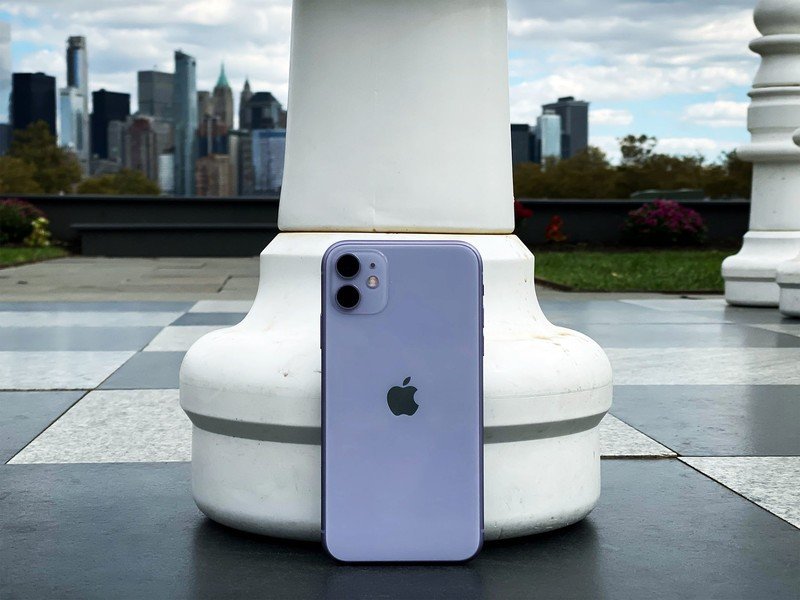
With all of that said, one look at the iPhone 11 might trigger an involuntary yawn. It doesn't have as many bells and whistles as the S20 does, resulting in what some people might call a "boring" phone. However, there's still a valid argument to be made for it.
The first, and most obvious, reason is the operating system. Even if you hate it, there are a lot of people out there that love iOS. To you and me, it might seem like a highly-limited and restrictive platform, but things like iMessage, AirDrop, Apple Pay, and more keep people wanting to stay within its ecosystem. For the people that place a lot of value in all of iOS's strengths, it'll always be the better phone over the Galaxy S20.
Don't underestimate the power of iOS.
On that note, we need to give Apple credit for its continued leadership when it comes to software updates. Samsung has gotten better at how quickly it pushes out new software, but you're still looking at a max of two years for major updates. On the iPhone, you're getting well over four years of support. That's a significant difference and something you'll want to strongly consider before pulling the trigger.
Finally, there's the matter of price. Apple has typically been known to charge substantially more for its products than its competitors, but in a strange turn of events, the iPhone 11 actually costs $300 less than the Galaxy S20. That's not a small amount of money, and if you're someone that's especially price-conscious, that could be a big tipping point in the iPhone 11's favor.
Understand your budget and OS preference
And really, that's what it ultimately comes down to. If you want a phone that doesn't skimp out on any features or specs, the Galaxy S20 is an easy purchase. The 120Hz display looks incredible, you get tons of function out of the rear cameras, and every other spec is about as high-end as it can be.
That's not to say the iPhone 11 is a bad phone, though. In fact, its performance, camera quality, and battery are among the best out there. It's simply lacking some of the nicer features you get on the S20, making it not as appealing when stacked up next to. That said, whether you really value iOS as an operating system or can't justify the $300 price difference between the two phones, the iPhone 11 is likely a better fit for you.
Comparing two phones with different operating systems is often a very subjective thing, as is the case here. Both the Galaxy S20 and iPhone 11 are outstanding devices that we'd be happy to recommend, so go with the one that's the best match for your OS preference and budget. Either way, you'll end up with one heck of a phone.

All of the specs and features you could ask for
Even though this is the lowest-end model of the Galaxy S20 you can buy, Samsung didn't hold back one bit. The S20 delivers an incredible AMOLED display with a 120Hz refresh rate, triple cameras on the back, a huge battery, and little niceties like 5G and expandable storage. There's no denying that the S20 is an expensive phone, but you get what you pay for.

Focused on being practical and affordable
Next to the Galaxy S20, the iPhone 11 isn't nearly as impressive. Its display is only 60Hz with a lower-res LCD panel, there are just two rear cameras, and it doesn't offer expandable storage. However, the actual experience of using the iPhone 11 is still great. It's insanely powerful, takes gorgeous photos, and last plenty long on a single charge. Plus, the price difference is pretty substantial.

Joe Maring was a Senior Editor for Android Central between 2017 and 2021. You can reach him on Twitter at @JoeMaring1.

